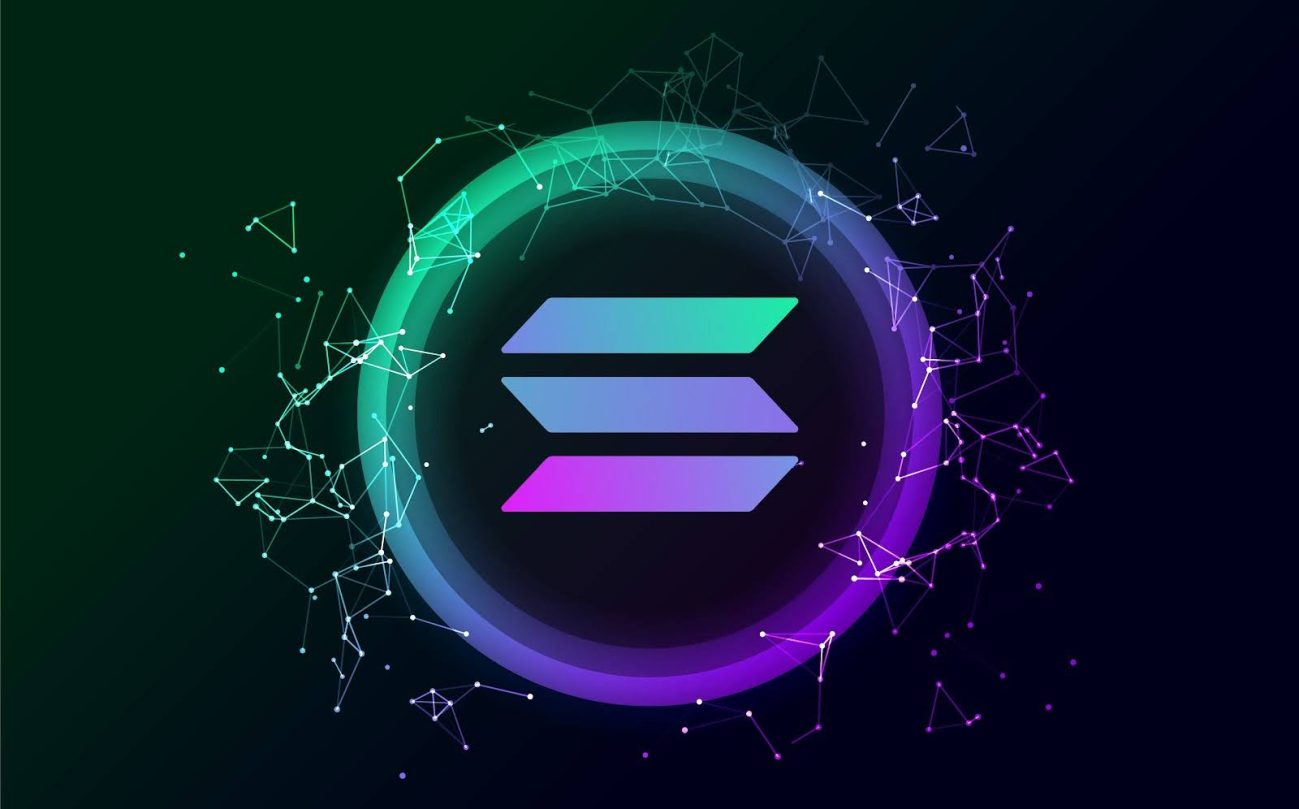Trump Family Memecoins Overload Solana Network, Spark Investor Concerns
20.01.2025 13:34 1 min. read Alexander Zdravkov
Solana users faced network issues following the high-profile launches of memecoins by U.S. President-elect Donald Trump and his wife, Melania, just days before Trump’s January 20 inauguration.
The Official Trump (TRUMP) token debuted on January 18, followed by the Official Melania (MELANIA) token on January 19, both launched on the Solana blockchain. The influx of activity from these tokens reportedly led to network congestion and transaction delays.
By January 19, Solana’s blockchain explorer had ceased reporting new transactions for at least 30 minutes, according to a post by crypto trader Dave. Other users also reported encountering “500 Internal Server Errors” on Solscan during this time.
While Solana has maintained 100% uptime for the past 90 days, past network disruptions, such as the February 2024 outage, have fueled ongoing debates about its scalability.
The Trump family’s memecoins have drawn significant attention, but questions around their token allocations have raised concerns. The MELANIA token’s website claimed its distribution was divided among the team (35%), treasury (20%), community (20%), public (15%), and liquidity (10%).
However, blockchain analytics platform Bubblemaps revealed that nearly 90% of the token supply was held in a single wallet, contradicting the stated distribution.
-
1
Top 10 blockchains by transaction volume in June 2025
06.07.2025 16:00 2 min. read -
2
German State-Owned Development Bank Issues €100 Million Blockchain Bond
11.07.2025 7:00 2 min. read -
3
Tether Ends Support for Five Blockchains in Infrastructure Shift
12.07.2025 11:30 2 min. read -
4
Cardano and Ethereum Lead in Developer Activity as GitHub Commits Surge
14.07.2025 12:00 1 min. read -
5
BNB Chain Upgrades and Token Delistings Reshape Binance Ecosystem
16.07.2025 22:00 2 min. read
BNB Chain Upgrades and Token Delistings Reshape Binance Ecosystem
Binance continues to refine its ecosystem in 2025, with major updates spanning performance upgrades, token listings and removals, and new token launches—all reinforcing its focus on scalability and innovation.
Ripple Powers UAE’s First Tokenized Real Estate Project via XRPL
Ripple has taken a major step in expanding its institutional digital asset infrastructure in the Middle East by partnering with Ctrl Alt to support Dubai’s first government-backed real estate tokenization initiative.
Cardano and Ethereum Lead in Developer Activity as GitHub Commits Surge
Recent GitHub data reveals which blockchain ecosystems and individual projects attracted the most developer attention last week—a key signal of long-term project strength.
Tether Ends Support for Five Blockchains in Infrastructure Shift
Tether, the leading issuer of stablecoins, is phasing out support for five older blockchains.
-
1
Top 10 blockchains by transaction volume in June 2025
06.07.2025 16:00 2 min. read -
2
German State-Owned Development Bank Issues €100 Million Blockchain Bond
11.07.2025 7:00 2 min. read -
3
Tether Ends Support for Five Blockchains in Infrastructure Shift
12.07.2025 11:30 2 min. read -
4
Cardano and Ethereum Lead in Developer Activity as GitHub Commits Surge
14.07.2025 12:00 1 min. read -
5
BNB Chain Upgrades and Token Delistings Reshape Binance Ecosystem
16.07.2025 22:00 2 min. read


